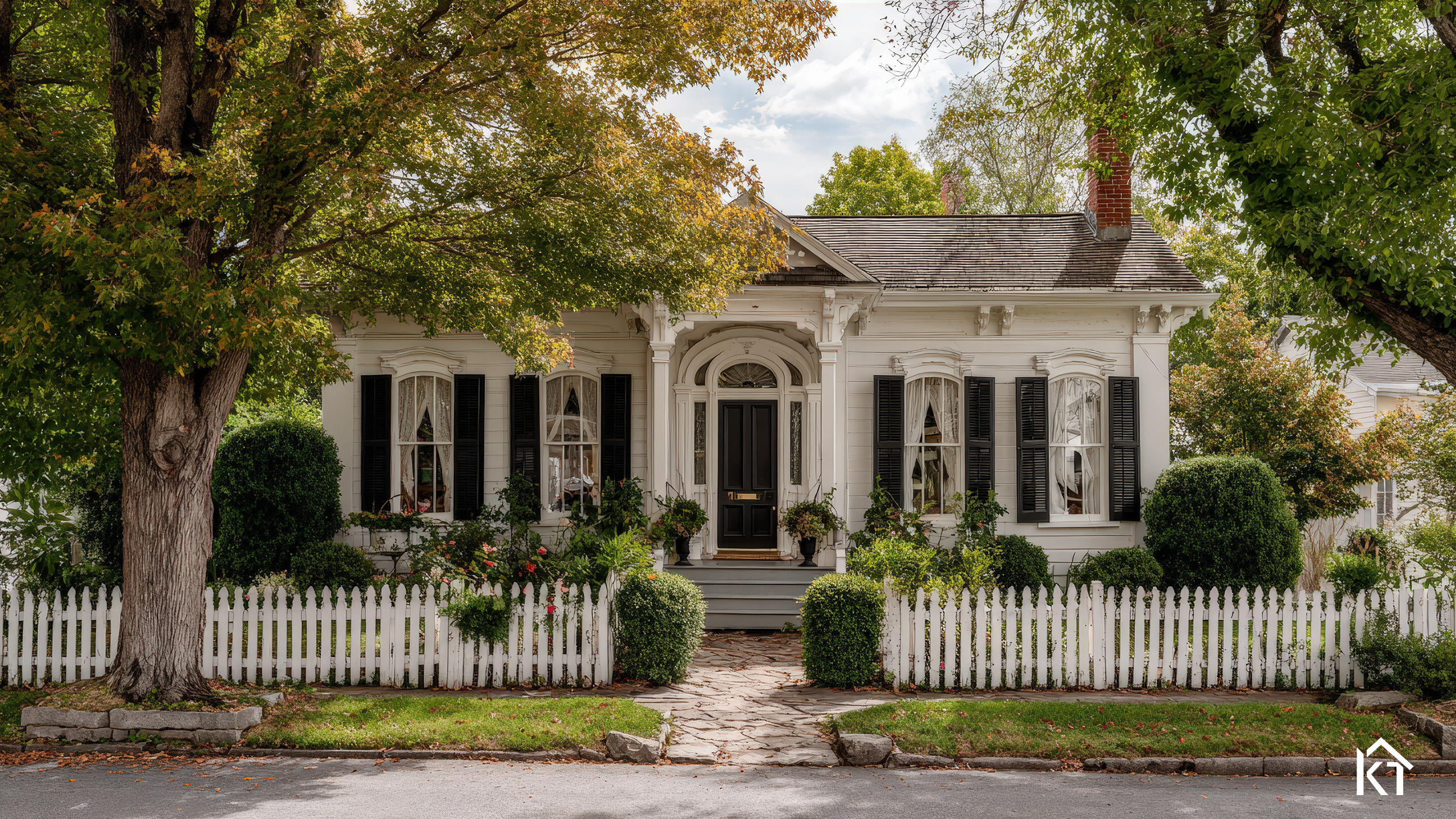Should You Add a Fourth Bedroom and Master Bathroom Before Selling Your Home?
In the competitive real estate market of 2025, homeowners often grapple with whether to invest in major renovations before listing their property.
One popular upgrade is adding a fourth bedroom and a master bathroom, potentially transforming a modest three-bedroom home into a more appealing family residence.
With housing inventory still tight in many areas and buyer preferences leaning toward move-in-ready homes, this addition could boost your selling price.
However, it’s not always a straightforward win. Costs have risen due to ongoing inflation and supply chain issues, and the return on investment (ROI) might not fully recoup your expenses.
Costs
Adding a fourth bedroom typically ranges from $30,000 to $150,000, depending on whether you’re converting existing space (like an attic or basement) or building a full extension. For a standard 200-300 square foot room, expect $150 to $500 per square foot, influenced by location, materials, and labor. Urban areas like New York or San Francisco could push costs higher, while suburban spots might stay on the lower end.
Meanwhile, a master bathroom addition averages $35,000, but can climb to $75,000 for a luxurious ensuite with features like a walk-in shower, double vanity, and heated floors. Converting an existing space might cost $14,000 to $48,000, whereas a ground-up addition starts at $20,000 to $75,000.
Combining both into a master suite? National medians hover around $130,000 to $172,500 for midrange projects, per Remodeling Magazine’s 2024 Cost vs. Value Report (used as a proxy for 2025 trends). Upscale versions can exceed $271,000. Don’t forget ancillary expenses: permits ($500-$2,000), architect fees (5-15% of project cost), and potential temporary relocation during construction.
Return On Investment (ROI)
Now, the big question: What’s the ROI? Data from 2025 sources indicates that these additions rarely pay for themselves entirely, but they can enhance resale value. A master suite addition typically recoups 50-60% of costs— for a $172,500 project, you might recover about $96,600 to $103,500 in added home value.
Adding an extra bedroom alone could increase your home’s worth by 10-15%, or $30,000 to $100,000, depending on the market and your property’s baseline price.
Bathroom additions fare slightly better, with ROIs of 55-74%, potentially adding $15,000 to $100,000.
In high-demand family-oriented neighborhoods, turning a three-bedroom into a four-bedroom home can make it sell faster and for more, as buyers prioritize space for growing households. However, basement or below-grade additions often yield lower returns, as appraisers may not value them equally.
Pros
The pros of this upgrade are compelling. It significantly boosts appeal, especially for families or multi-generational buyers seeking privacy and convenience. A master suite adds luxury, creating a spa-like retreat that differentiates your home in listings. It can elevate your property into a higher price bracket, potentially increasing overall value by 10-20% in balanced markets. Plus, if you’re not selling immediately, you’ll enjoy the improved livability—think aging in place with a ground-floor suite or extra space for guests. In 2025, with remote work still prevalent, an additional bedroom could double as a home office, appealing to hybrid workers.
Cons
On the flip side, the cons are substantial. High upfront costs mean you might only recover 50-70% at sale, leading to a net loss if the market shifts. Over-improving is a risk—if your neighborhood features mostly three-bedroom homes, a lavish addition could make yours the outlier, deterring budget-conscious buyers. Construction timelines (3-6 months) disrupt daily life, and legal hurdles like zoning, septic upgrades, or building codes add complexity—bedrooms must have egress windows, for instance. Energy bills and property taxes may rise by 20% with added square footage. In oversaturated markets, buyers might prefer customizable as-is properties over pre-renovated ones.
Decision
Several factors should guide your decision.
-
- Assess your home’s current setup: If it’s a three-bedroom with one bathroom, this upgrade could address major pain points.
- Local market conditions matter— in seller’s markets with low inventory, additions pay off more.
- Get a pre-sale appraisal and consult realtors for comparable sales (comps); if similar upgraded homes sell for 15% more, it might be worthwhile.
- Budget wisely—aim to spend no more than 10% of your home’s value on renovations.
- Alternatives include remodeling existing spaces for higher ROI (e.g., a bathroom update at 70-74%) or minor tweaks like staging and fresh paint, which cost less but sell faster.

For Your Consideration
Ultimately, adding a fourth bedroom and master bathroom can be a smart move if it aligns with your market and budget, potentially netting a solid value bump while enhancing appeal. But for many, the partial ROI and hassle make selling as-is more practical. Weigh your options with professionals—a real estate agent or contractor can provide tailored advice. In 2025’s evolving market, strategic upgrades win, but overdoing it rarely does.
For More Home Buying and Selling insights, join my Free newsletter by clicking HERE.


You must be logged in to post a comment.